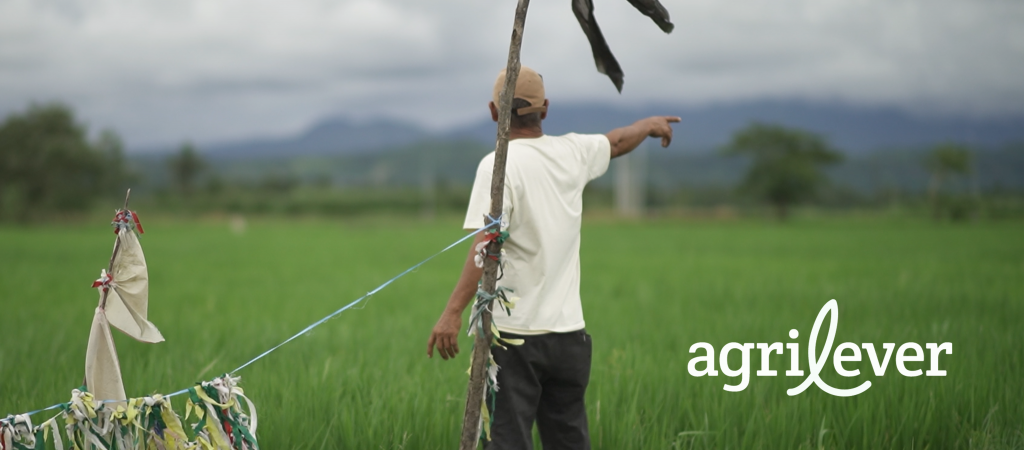
MANILA, Philippines – Pioneering agritech startup firm Agrilever vowed to help the country’s agricultural sector boost productivity and improve resiliency by empowering small Filipino rice farmers with technological resources and farming essentials.
Agrilever believes that every farmer deserves access to technological resources and farming essentials, such as fertilizers and financing, that can help them thrive, improve their livelihood, and secure their family’s future.
With the help of Agrilever, rice farmers in the countryside gained access to financial institutions to get the credit they needed to finance their farming. “By bridging the gap between farmers and financial institutions, we are not only empowering them with better resources but also ensuring a more resilient and productive agricultural sector,” Ruel Amparo, chief executive officer at Agrilever, said.
According to the World Bank, two out of three Filipino farmers are uninsured. The international organization added that the Philippine agricultural sector received only 2.6 percent of the country’s total outstanding loans in the banking sector in 2022, despite representing 8.9 percent of the country’s GDP and almost one-quarter of the nation’s total employment. Informal lenders charged them up to 10% monthly interest, which eats up their income from their produce.
Agrilever acts as an intermediary that manages the relationship between banks or credit providers and rice farmers. It helps ensure that farmers can pay their loans by providing them with the technology, on-the-ground help, and fertilizers that they need to have a more productive harvest.
“We hope to reach rice farmers nationwide and provide them with the financial tools, fertilizers, and weather analytics they need to navigate climate challenges and boost their yields. The more farmers we empower, the stronger our entire agricultural economy becomes,” Amparo explained.
At present, Agrilever has partnerships with banks and government-run institutions that provide loans to rice farmers, such as the Department of Agriculture-Agricultural Credit Policy Council (DA-ACPC) and the New Rural Bank of San Leonardo.
Last year, BPI Direct BanKo, Inc., the financial inclusion and microfinance arm of the Bank of the Philippine Islands, partnered with Agrilever to launch the Agri NegosyoKo Loan Program. The Program aims to help farmers strengthen their agricultural practices and improve their livelihoods.
Moreover, Agrilever also launched its own app for farmers, a platform that provides crop management protocols and advanced weather intelligence. This technology-based information is vital to allow them to mitigate the effects of extreme weather events and rising temperatures on their crops.
The app allowed them to gain insights into seasonal growing protocols, which are tailored by agronomists to the farmers and their farm fields. For example, they would receive an alert on when to apply fertilizers or perform the second harrowing.
“By integrating advanced weather forecasting, digital credit scoring, and real-time loan monitoring, we ensure that farmers have the resources to make informed decisions. This not only helps them increase their harvest but also enables them to repay their loans on time—creating a win-win situation for farmers, financial institutions, and the entire agricultural value chain,” he said.
The agritech firm also remarked that it provides fertilizer support to rice farmers, wherein a specific amount of fertilizer is given to them once the loan is approved. This highlights the company’s commitment to assisting small farmers in every step of their farming journey.
“Supporting our farmers means securing our nation’s future. By integrating financial services, technology, and education, Agrilever is paving the way for a more sustainable and prosperous agricultural industry in the Philippines,” he added.
Agrilever is set to launch more programs that will cater to the needs of the country’s rice farmers within 2025.
